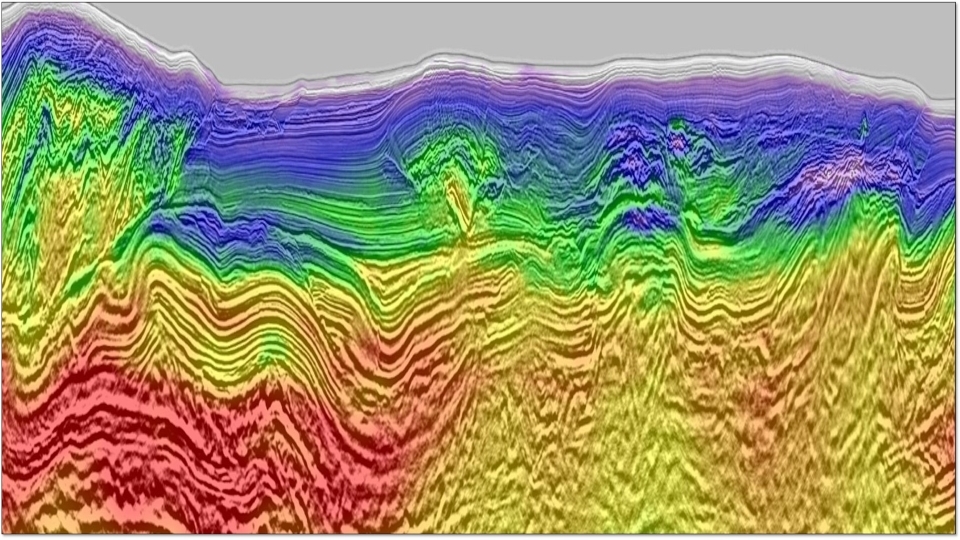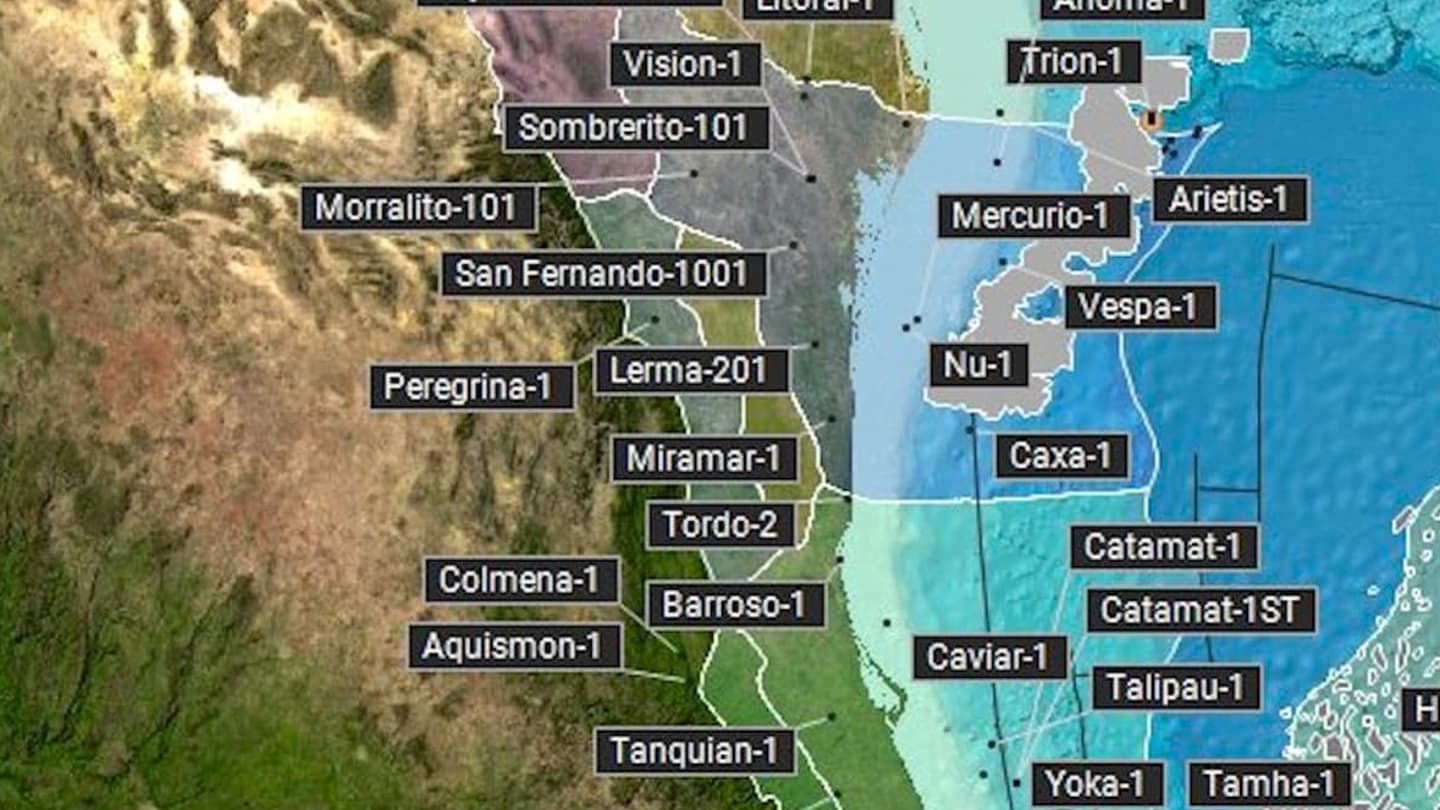Technical Abstract
Mitigating the gradient artefacts of Migration Velocity Analysis by Gauss-Newton update
Back to Technical ContentFull waveform inversion (FWI) is a method of velocity estimation which minimizes the misfit between recorded and modeled data, the parameters of the minimization being the velocity model. If the velocity model is smooth, then only the refracted waves are modeled and used, if the velocity model has discon- tinuities, the reflected waves created by the two-way modeling can be used to model the reflected waves. This highly non-linear algorithm can provide impressive results, in particular high resolution velocity from low-frequency data, but is very sensitive to its starting point. Migration velocity analysis (MVA) uses a migration to estimate a reflectivity from the data, then uses a criterion on the reflectivity to find the best velocity model. This method is not as non linear as FWI: it is less sensitive to the starting model, but has less potential to find a very detailed velocity from low- frequency data. In recent years, FWI has made a lot of progress to solve its inherent problems, and MVA techniques have been lagging behind. The main reason is that the gradient of the MVA cost functions exhibits artefacts that perturb the convergence.
Download Resource 
Publications
EAGE - European Association of Geoscientists and EngineersAuthors
Robert Soubaras, Bruno Gratacos





